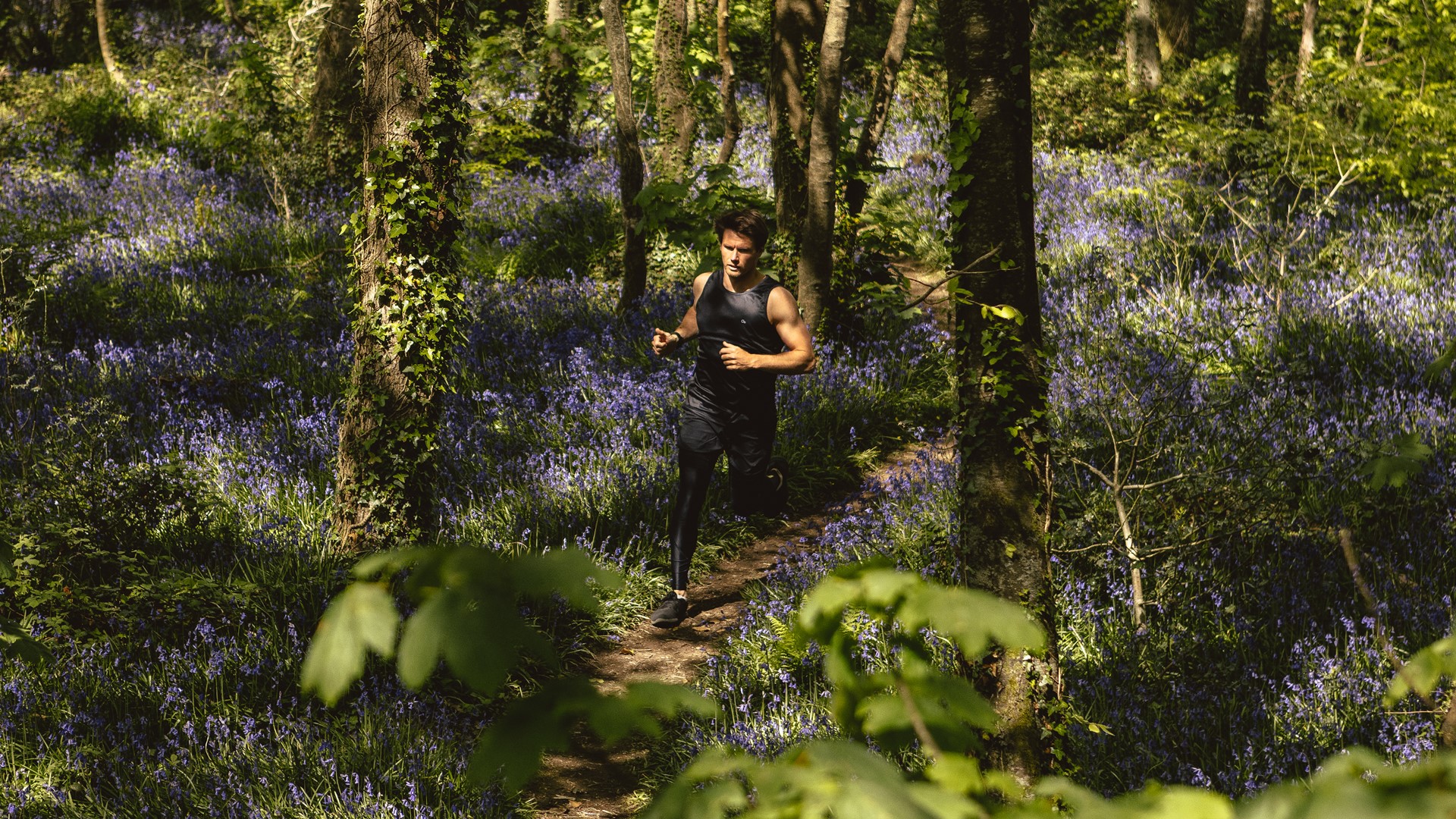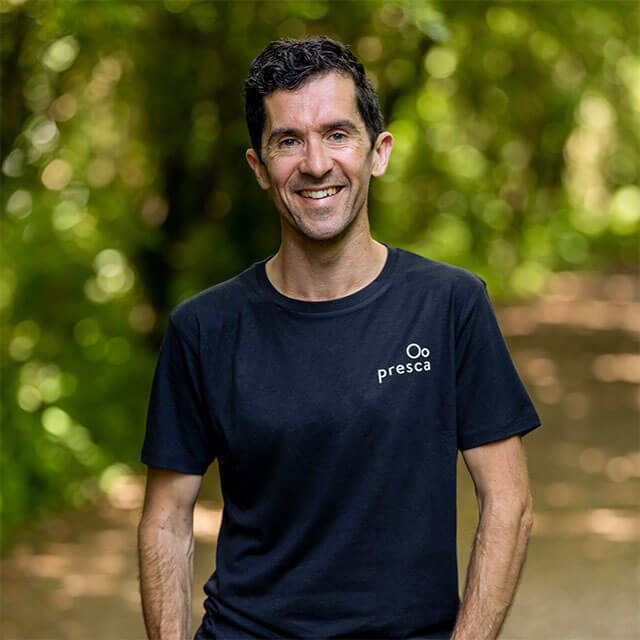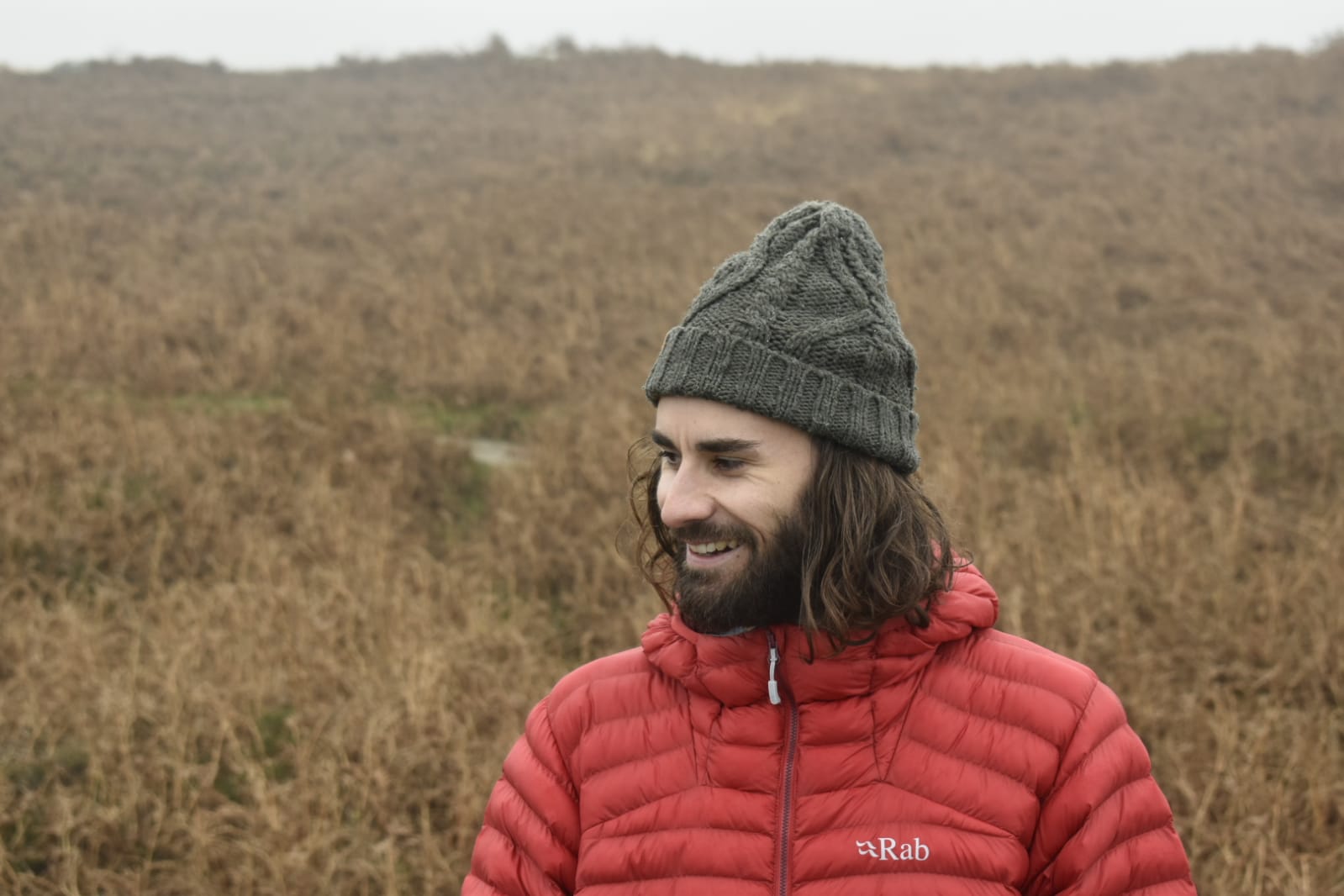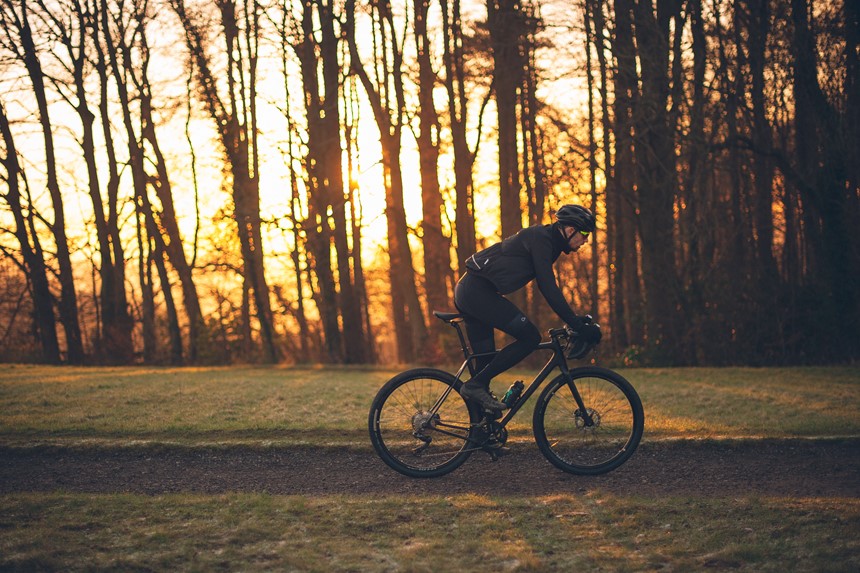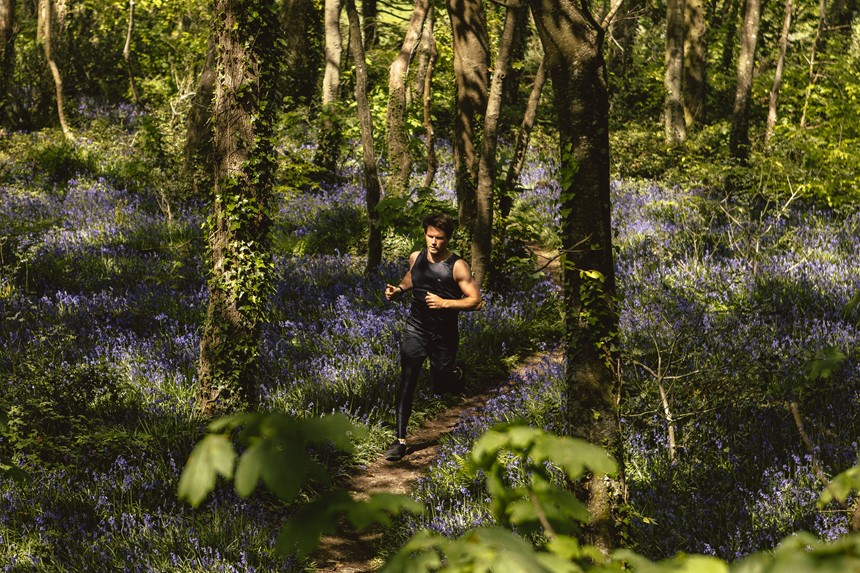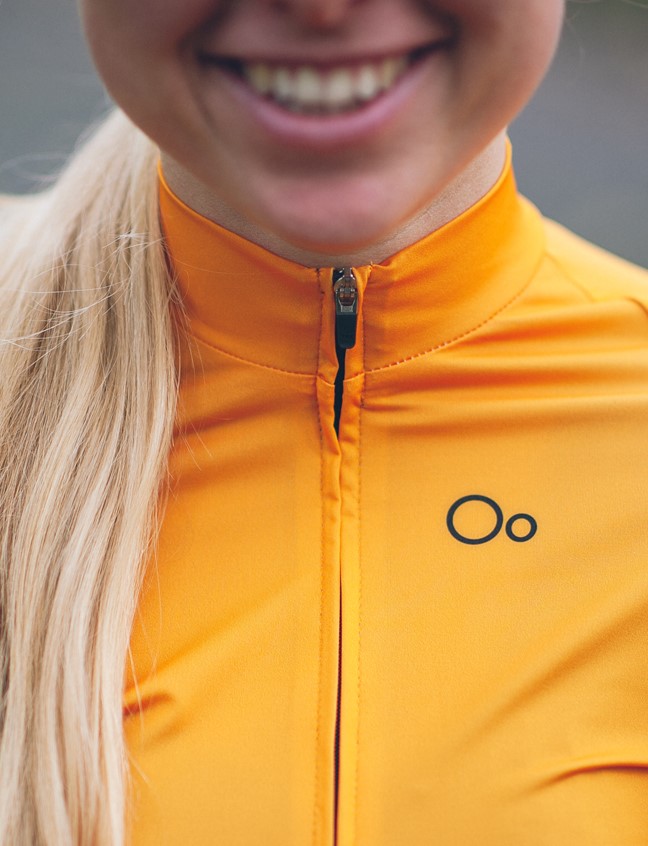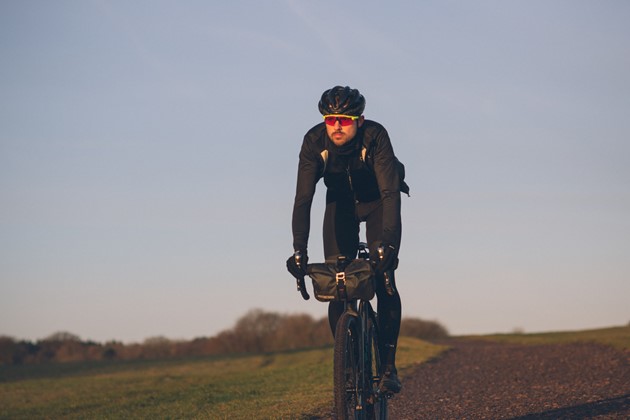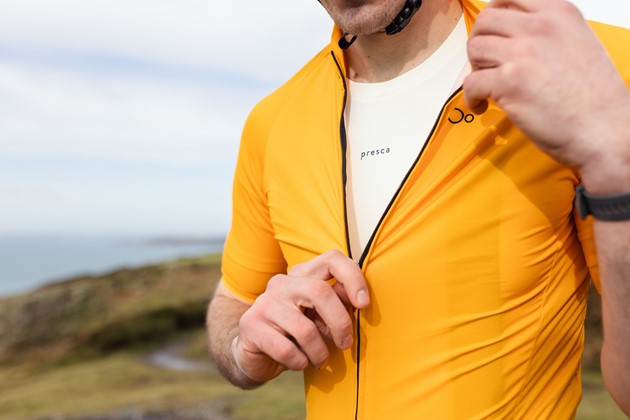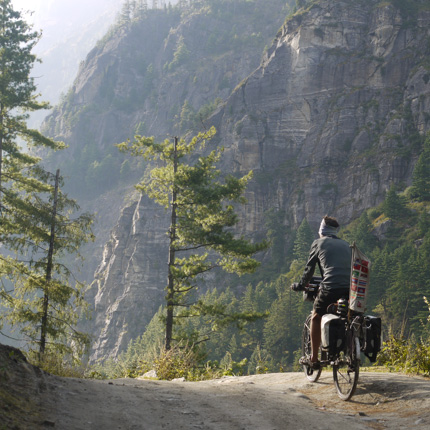Trickier philosophical questions also accompany the technical debates, two of which Em Hartova poses in this Edition. I put them to Rob in turn.
Firstly, does using recycled plastics not in practice help validate plastic production and perpetuate waste? It’s an important question, Rob says, and to some degree is probably true. “But I would say, as a civilisation, that we are nowhere near recycling even half the plastic we produce. We're at about 20% of all plastics.” Such a huge waste stream needs a medium-term solution, and reusing plastic is an important part of that.
The bigger problem here, he argues, is the incompatibility between much plastic design and recycling tech. Demand for recycled plastics can help close that gap by creating value from low-value waste streams. He points to the fact that most clothes go straight to landfill - a huge and continuing problem. Presca is partnering with companies working on clothing-recycling systems to help solve this. Circularity is starting to become a reality, he says. “Still some way off a commercial reality, but it’s coming.”
The second question is tougher. As a company, does Presca’s impact not rely on stimulating the very consumerism that it claims to oppose? “This is the bit I struggle with most, to be honest,” says Rob. “To be a successful company to then have the greatest positive impact, we need to sell our clothes. And the world doesn't need more stuff!”
Presca’s response is twofold. First, says Rob, “the question for me is: are we pushing more sales just for the sake of it, or are we displacing clothing made by companies from worse materials and potentially less ethical manufacture? We focus on quality and longevity to create clothing that will stand the test of time and won’t need to be replaced each year.” Presca focuses on iterations in line with climate positivity, for example when better natural materials emerge. It feels reasonable to assume this improves consumption choices, but it would take detailed research to confirm.

